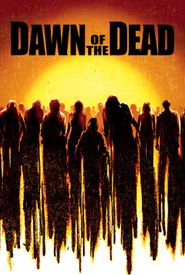Sarah Polley is a renowned Canadian actress and director, known for her political activism and sensitive portrayals of wounded and conflicted young women in independent films. Born into a show business family, she began her acting career at the age of four, following in the footsteps of her older half-brother Mark Polley.
Her career as a child actress shifted into high gear when she was cast as the Cockney waif Jody Turner in Lantern Hill (1989),for which she won a Gemini Award in 1992. She then starred in the television series Avonlea (1990),which propelled her into the first rank of Canadian TV stars and made her independently wealthy by the age of fourteen.
However, her personal life was deeply affected by the death of her mother Diane from cancer shortly after her 11th birthday. This event paralleled the fictional life of her character Sara, and Polley eventually rebelled against what she felt was the Americanization of the series after it was picked up by the Disney Channel for distribution in the US.
Polley subsequently quit acting and high school to turn her attention to politics, positioning herself on the extreme left of Canada's left-of-center New Democratic Party. However, she eventually returned to acting, appearing in Atom Egoyan's film The Sweet Hereafter (1997),which brought her to the attention of critics in the US.
She went on to appear in a variety of independent films, including Guinevere (1999) and The Law of Enclosures (2000),for which she received her second Genie nomination for Best Actress. She has said that her choice of film roles is driven by an ethical decision to make films with social importance.
Polley is also a talented director, having attended the Canadian Film Centre's directors program and produced several short films, including Don't Think Twice (1999) and I Shout Love (2001). She is known for her intelligence and her desire to work with and understand the technique of some of the best directors in film.
As an actress, Polley is renowned for her remarkable talent and her ability to convey complex emotions through her expressive face. She has said that the actor's function is to give the director as much coverage as possible, rather than trying to control the representation on film. This realization has given her new enthusiasm for acting, and she continues to seek out challenging roles and work with talented directors.





































































